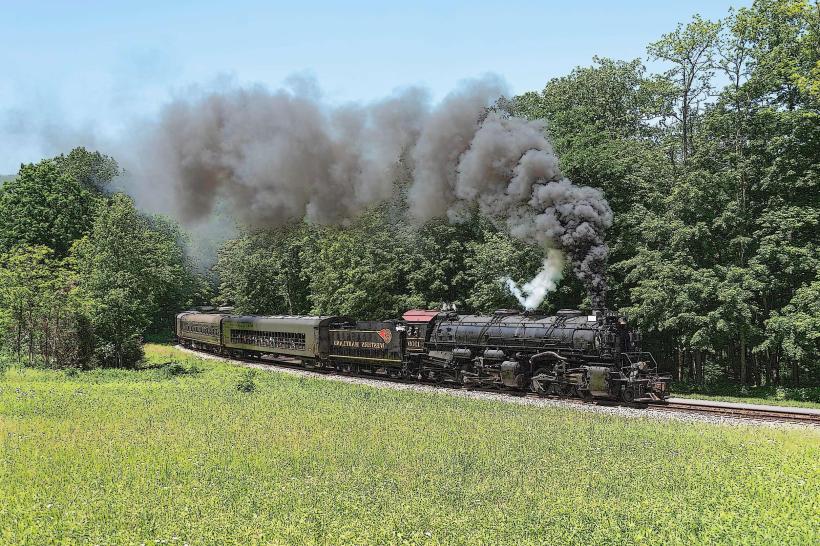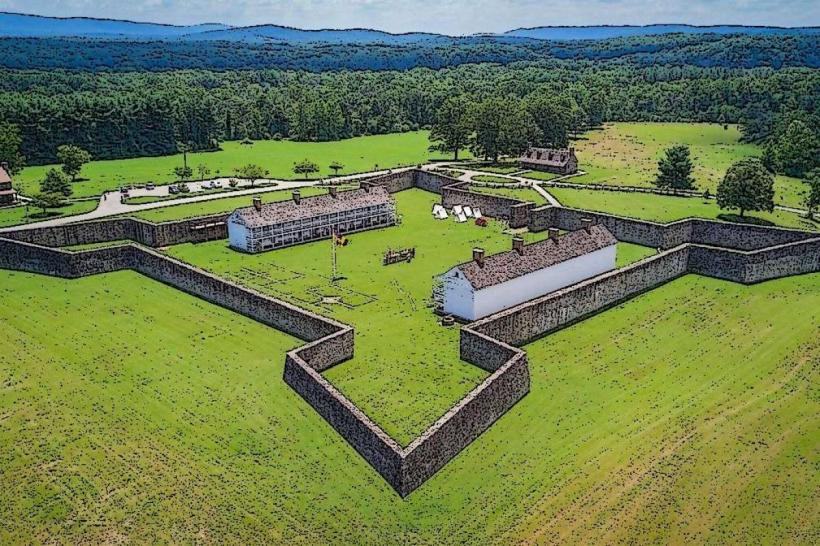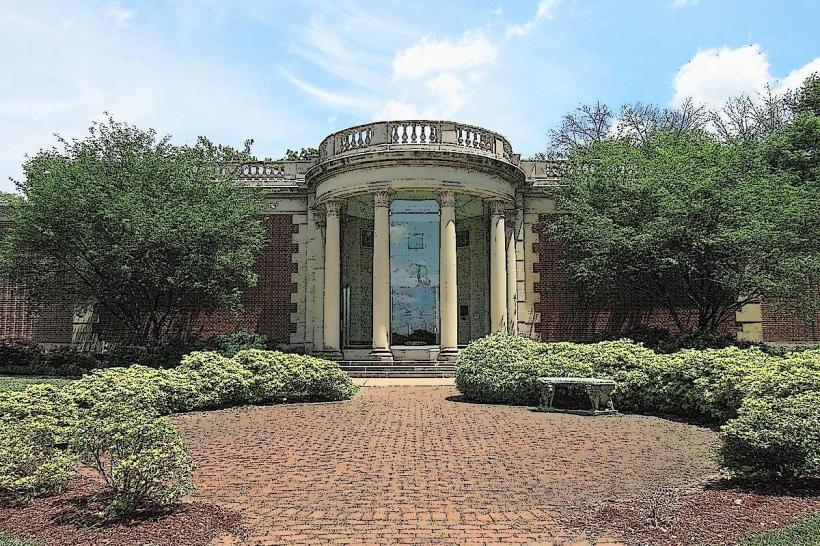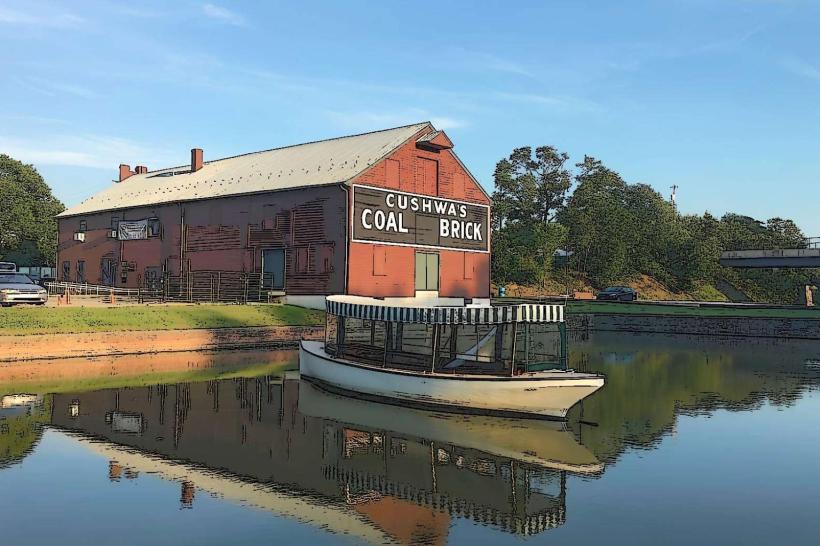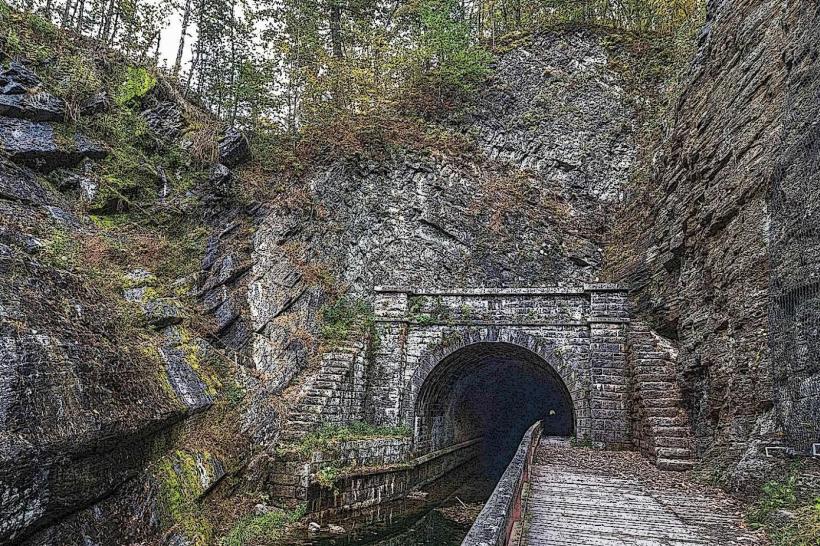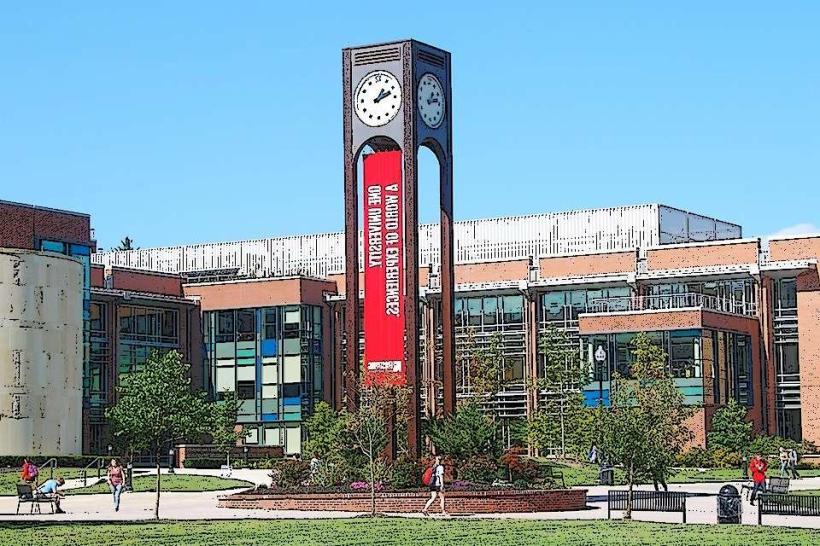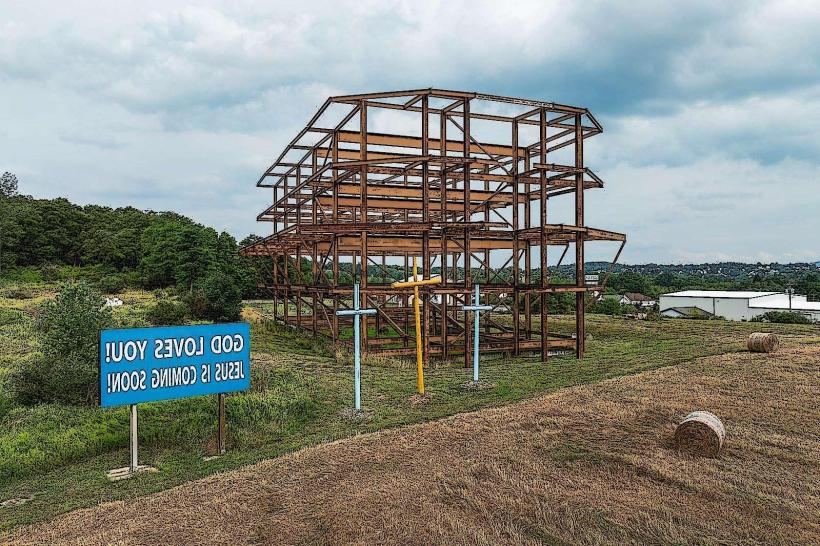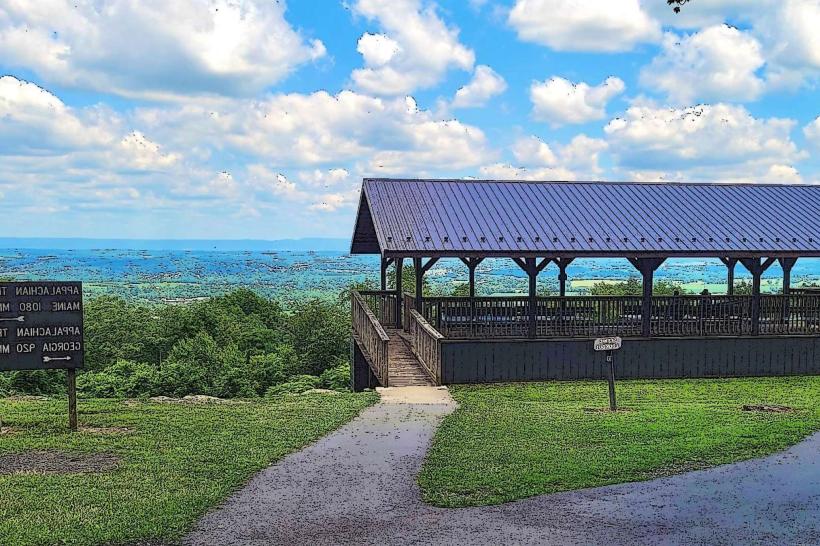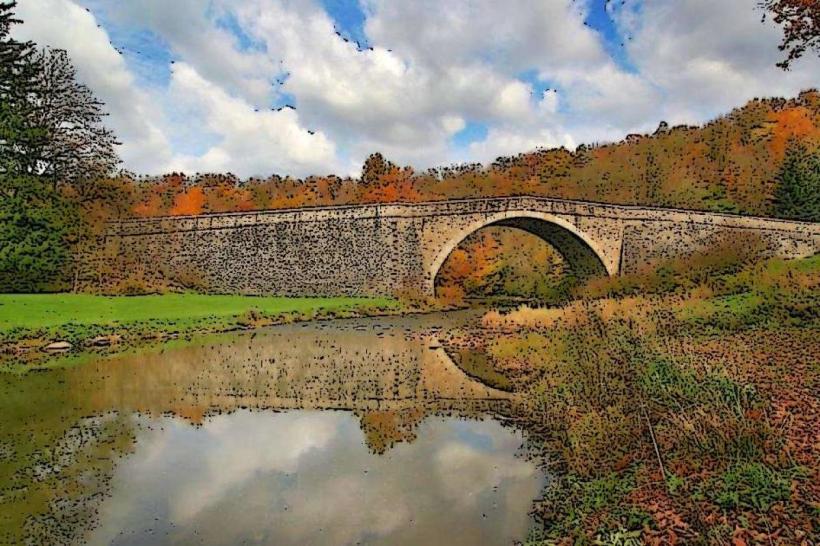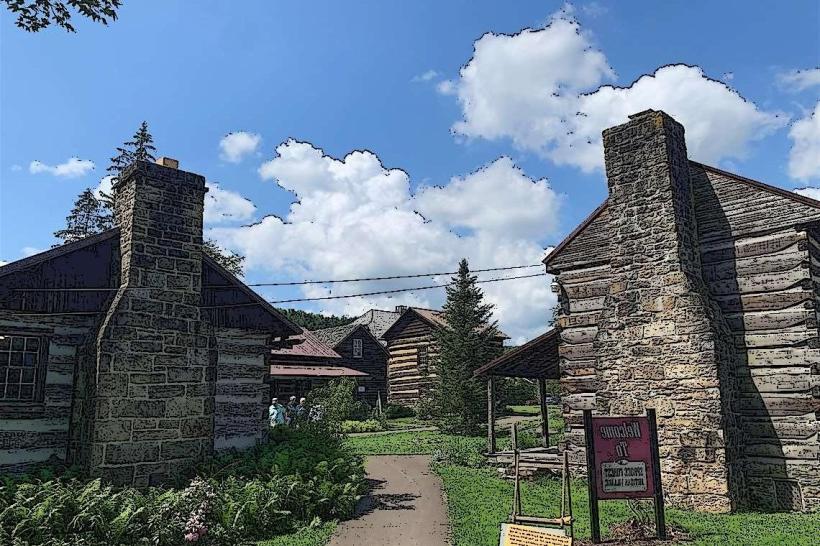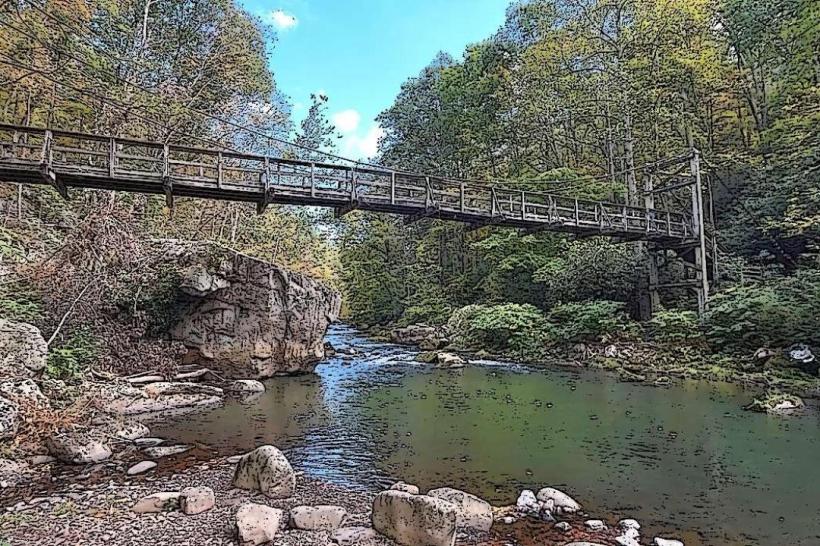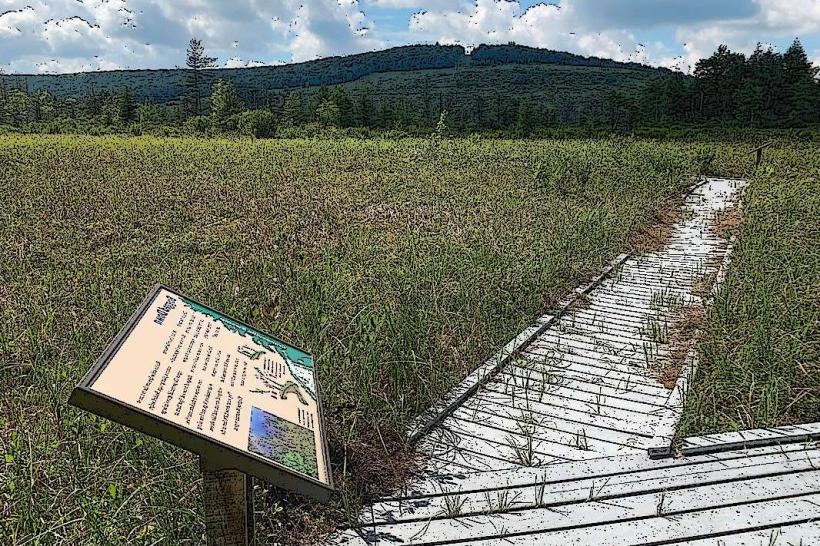Information
Landmark: Allegany MuseumCity: Hagerstown
Country: USA Maryland
Continent: North America
Allegany Museum, Hagerstown, USA Maryland, North America
The Yuma Territorial Prison State Historic Park is a former prison located in Yuma, Arizona, USA.
Visual Characteristics
The prison complex is constructed primarily from local adobe brick and sandstone. The main cell block is a two-story structure with a central corridor lined with individual cells. The exterior walls are thick and unadorned, reflecting its utilitarian purpose. The site also includes guard towers, administrative buildings, and a hospital wing, all exhibiting a functional, early 20th-century architectural style.
Location & Access Logistics
The park is situated at 201 Fourth Street in Yuma, Arizona. It is approximately 1.5 miles (2.4 km) east of the Yuma city center. Access is via Interstate 8, taking the Gissler Avenue exit and heading south. The park offers on-site parking for visitors. Public transportation options are limited; the nearest bus stops are several blocks away.
Historical & Ecological Origin
Construction of the Yuma Territorial Prison began in 1875. It served as a federal and territorial penitentiary until its closure in 1909. The prison was designed to house the most dangerous criminals in the Arizona Territory. The site is located on a bluff overlooking the Colorado River, a geological formation shaped by fluvial processes over millennia.
Key Highlights & Activities
Visitors can explore the original cell blocks, including the solitary confinement cells. Self-guided tours are available, detailing the prison's history and the lives of its inmates. Exhibits showcase artifacts and information about the prison's operation. The site also features a museum with historical displays.
Infrastructure & Amenities
Restrooms are available on-site. Limited shaded areas are provided within the museum and some outdoor exhibit spaces. Cell phone signal (4G/5G) is generally available within the park. No food vendors are located within the park; however, several restaurants and convenience stores are situated within a 1-mile radius.
Best Time to Visit
The best time of day for visiting is in the morning or late afternoon to avoid the peak heat of the day, especially during summer months. The most favorable months for weather are October through April, when temperatures are milder. High tide is not a relevant factor for this inland site.
Facts & Legends
The prison was known for its strict discipline and harsh conditions. One notable inmate was Pearl Hart, a female stagecoach robber. A unique tip for visitors is to look for the original graffiti left by inmates on the cell walls, offering a direct glimpse into their experiences.
Nearby Landmarks
- Historic Downtown Yuma: 1.5km West
- Colorado River State Historic Park: 2km West
- Quechan Museum: 4km Southwest
- Castle Dome Mines Museum: 25km Northeast (outside 5km radius, but significant local attraction)

